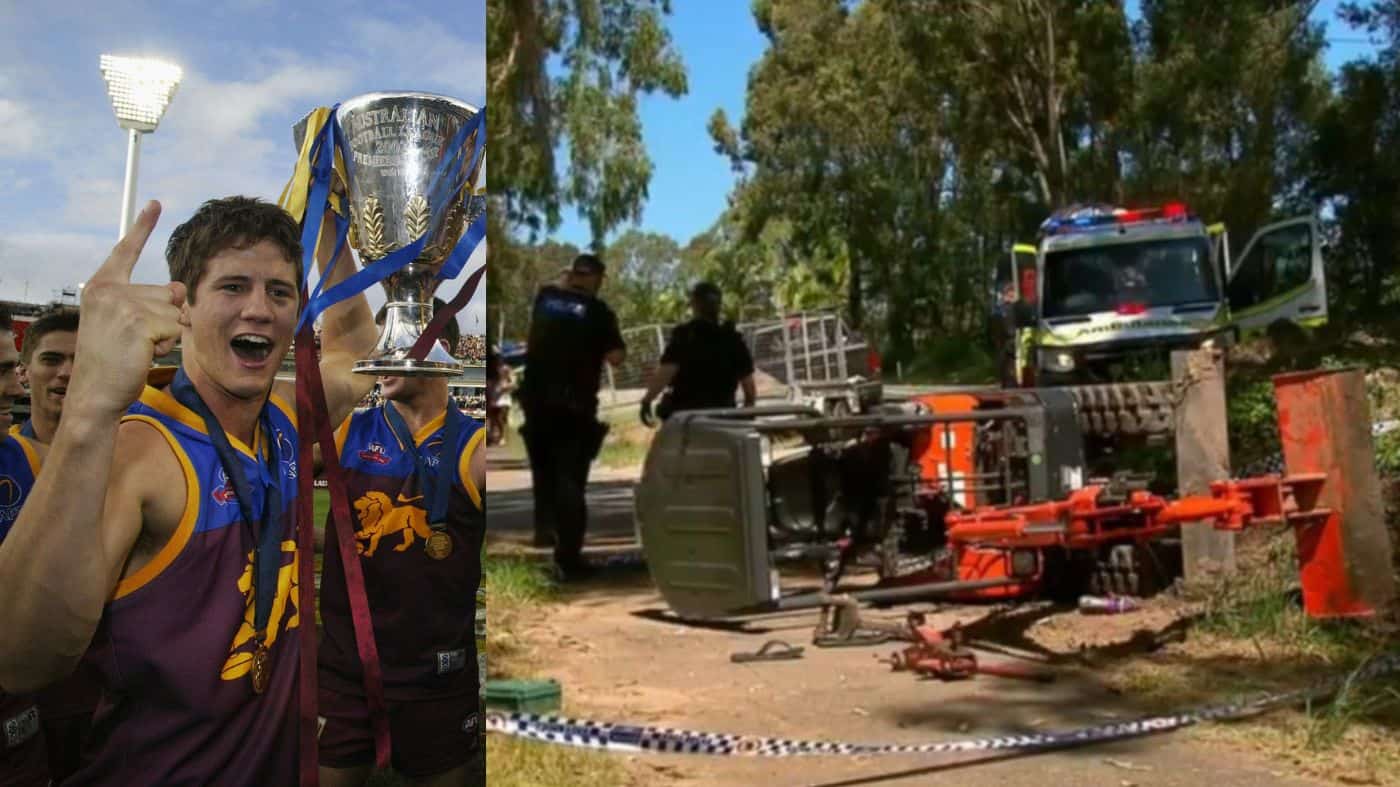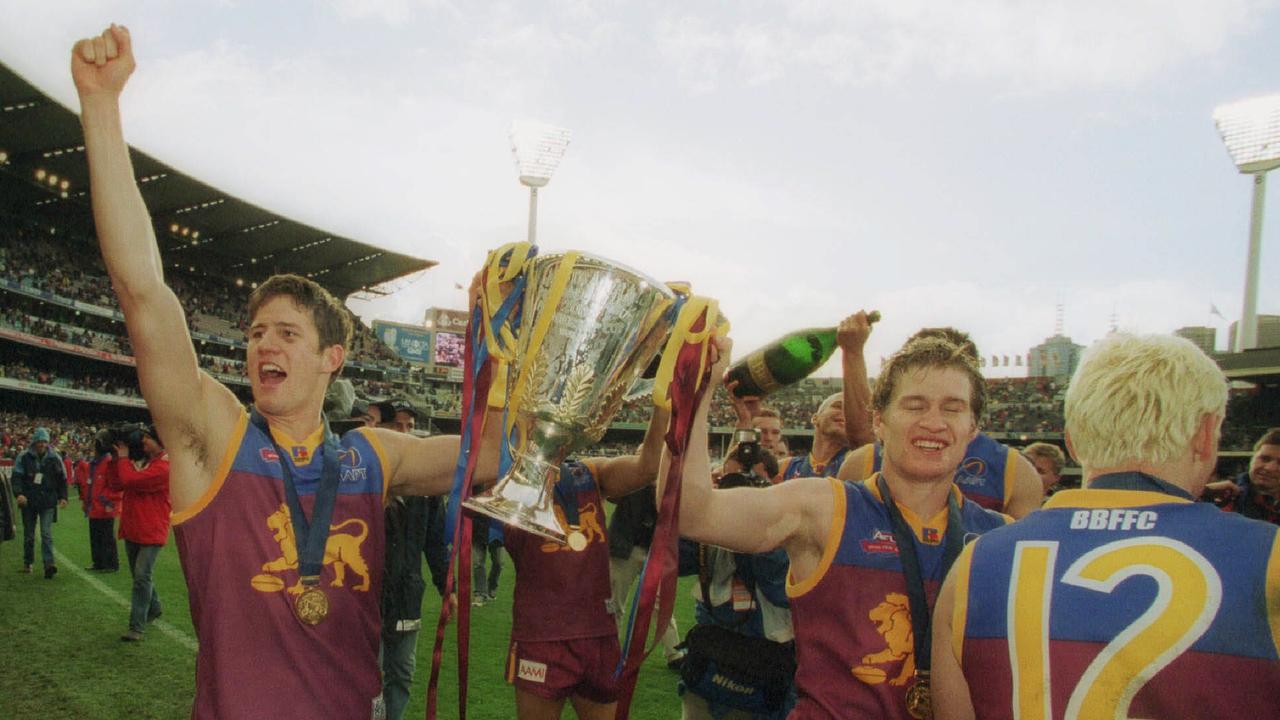Football Visionary, Hall of Famer Alex Pongrass AM

- by Admin
- November 28, 2024

Key instigator of the National Soccer League and St George-Budapest Soccer Club legend, Alex Pongrass AM, was inducted into the Football Australia Hall of Fame on Thursday night at Brisbane’s Suncorp Stadium.
A Hungarian migrant, Pongrass overcame many challenges, including the loss of both of his parents in the Holocaust, evading capture by the Nazis while distributing life-saving visas as a member of the Budapest Jewish Underground, and escaping communism for a better life in Australia. He never let these challenges define him and instead embraced his life as “an Australian by choice” and worked to build not only a better future for himself but also a lasting and positive impact on his adopted homeland and footballing community.
Alex and his wife Clara arrived in Sydney as refugees in 1950 and, together with his brother George, set up a small engineering company in Mascot. This later grew to a publicly listed Pongrass Industries employing 600 people and became a significant player in Australia’s industrial and commercial landscape.
Despite his business successes, Pongrass’ greatest passion was football. In 1958, he took over the St. George-Budapest Football Club, transforming it into a powerhouse of Australian football.
A visionary in the sport, Pongrass co-founded the National Soccer League (NSL) in 1977, alongside Frank Lowy. He convened the first meeting of clubs, laying the foundation for Australia’s first national soccer competition. His foresight brought professional coaching to the game, notably when he recruited Frank Arok and hired Rale Rasic, who referred to Alex as “a giant of Australian football.”
Under his leadership, St. George-Budapest won the NSL in 1983 and five NSW First Division championships.
He was instrumental in the career of Johnny Warren, who wrote that Alex was “in many ways was my mentor and hard as nails but, in the end, always fair and someone who contributed so much to Australian Football.”
As a primary benefactor of the St. George Stadium at Barton Park, Alex also helped create a venue that hosted local and international matches.
In recognition of his vast contributions, he was awarded the Member of the Order of Australia (AM) in 1988 for “Services to Soccer”.
Alex Pongrass AM passed away in 2000.
Recently, we spoke to Socceroos legend and former St George-Budapest player Doug Utjesenovic, plus journalist and football historian Steven Dettre about what Pongrass means to Australian football.
Pongrass’ impact on Australian football
Pongrass, a Hungarian migrant, played an integral role in the foundation of St George-Budapest Soccer Club in 1957, as Utjesenovic explains.
“He was a great visionary and the father of St George-Budapest Soccer Club,” Utjesenovic said.
“The St George-Budapest Club – probably outside Budapest – was, in those days, the biggest club anywhere in the world from Hungarian migrants. The second thing is he had a big involvement with the building of the St George. Stadium and securing 99 years of the lease from the Rockdale Council.”

Utjesenovic also reflected on Pongrass’ uncompromising approach to football, something that was a key contributor to his success in the game.
“He was a man who operated in more of a dictatorship way than really a negotiator. He was a very, very tough person to negotiate with,” he continued.
“He was more in the background, but we all knew who the boss was.
“He was the top of the elite because he was a visionary. He was a person who clearly knew which way he wanted to go.
“He wanted to excel. He was born to be the person to see progress, to advance and see the future.
“Johnny Warren learned lots of things from Alex. Johnny Warren always believed that football was going to be the top sport one day, not just in the world, but in Australia. Now, football is a very well-respected sport, and I think Alex, through the people he mentored, had a lot to do with that.”
Pongrass’ impact on Australian football was exemplified by the make-up of the 1974 World Cup Socceroos squad which featured so many St George regulars.
“Alex was heavily involved in everything to do with the Australian football scene in that period, whether overtly or covertly,” journalist and football historian Dettre told us.
“I’ll never forget that the Socceroos played a match before the ’74 World Cup, and they played at the old Sydney Sports Ground.
“They walked out onto the ground down the players’ trace, as they call it, and the crowds started chanting ‘St George! St George!’ because there were seven St George players in the team.
“And they did it as a kind of amusing thing, but I remember some of the players looking across with a bit of a smile and they realised what was happening. It was a statement as much about how strong that team was.
“It was a source of pride for everybody in the St George community that there were so many St George players in the Australian team.
“People used to joke that if Australia ever wanted to play in a second strip, they could just whip out the St George strip, and at least we knew all the shirts fitted.”
Formation of the NSL
Pongrass also facilitated the foundation of the National Soccer League, getting key stakeholders from clubs around the country to the table and laying the foundation for the birth of Australia’s first national soccer competition.
“Lots of people tried to organise this National League, to start the National League. Among them was Sir Arthur George, and in the end, he just gave up. He said I can’t do it because of lots of disagreements between the states and all these things,” Utjesenovic said.
“The only people who could have done it were Frank Lowy and Alex.
“I knew once Alex got his hands on that project, it can’t go wrong. I know he would do something to make sure that league starts on the right foot.
“There were about six or seven representatives in St George’s House in Mortdale; that’s when the decision was made.
“It definitely brought all the states closer. When we were first playing, it was only New South Wales and Victoria to some extent.”
Pongrass became the first chair of the NSL, which Dettre believes was crucial in setting the competition on the right path to success.
“That was important because he was, dare I say, the godfather of the competition. And they needed someone like him, a respected businessman, which then led to the wider community taking it seriously,” he explained.
“But if it had just been some guy who ran the local fish and chip shop, then it would have been taken differently. But Alex was a successful businessman with all these companies and what he’d achieved. He was critical for the success of it.
“It was the pinnacle, and it was something that people would aim for. Eventually, it needed to have the old paddles put to the chest, and we came up with the A-League. So without Alex, without people like him, who were the doers, then you wouldn’t have the A-League. And maybe we wouldn’t have the Socceroos, as we have it today.”
Building the stadium
Another of Pongrass’ plethora of achievements was contributing to the construction of Barton Park as a home ground for St George-Budapest, which would go on to host international level matches, something that was only possible through Pongrass’ ability to just get things done, as Dettre explains.
“He pulled all the resources together, dealing with councils. And you can imagine the nightmare,” he said.
“When you go to a council and it was full of the Smith’s, Brown’s and Jones’, their reaction to soccer was not what it is now. So he was the kind of guy who made these things happen, got the draft for the plans, and got the whole thing to happen. So, one of his great legacies was the stadium.
“I went there 10 years ago when it was in the state of disrepair, and I basically sat in one of the benches on the other side and quietly wept because I remembered what it was like when they had the opening day. Okay, it wasn’t like Parramatta Stadium, but compared to what we’d had, it was magnificent. And he was very proud of it as well. The whole St George community was very proud of it.”

A place in the Hall of Fame
Pongrass sadly passed away in 2000, but now a place in the Hall of Fame constitutes an eternal recognition of his lasting contribution to the beautiful game in Australia.
“It [Hall of Fame induction] means a bit of recognition, finally, from the football family for the efforts that he did. Because without him, we wouldn’t have an A-League,” Dettre continued.
“Lots of players pass away and they are always going to stay in the memory of the really top people in certain sports, or certain jobs, certain businesses,” Utjesenovic said.
“He gave lots of things to football and I don’t think his primary job was to really be so glued to football.
“I think his passion for the sport always brought the best out of people, acting as a magnet, bringing people to the sport.”
The Latest News
-
December 23, 2024Australian tennis star Purcell takes on voluntary provisional suspension for breaking anti-doping rules
-
December 23, 2024‘Back myself and be fearless’: Konstas lives by mantra in first hit | cricket.com.au
-
December 23, 2024Wimbledon champion accepts ban for anti-doping breach just months after winning US Open
-
December 23, 2024Australian tennis star Purcell takes voluntary suspension over anti-doping breach
-
December 23, 2024Max Purcell to miss Australian Open after accepting ban for anti-doping breach




